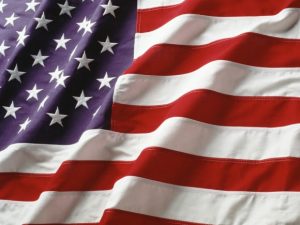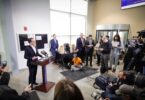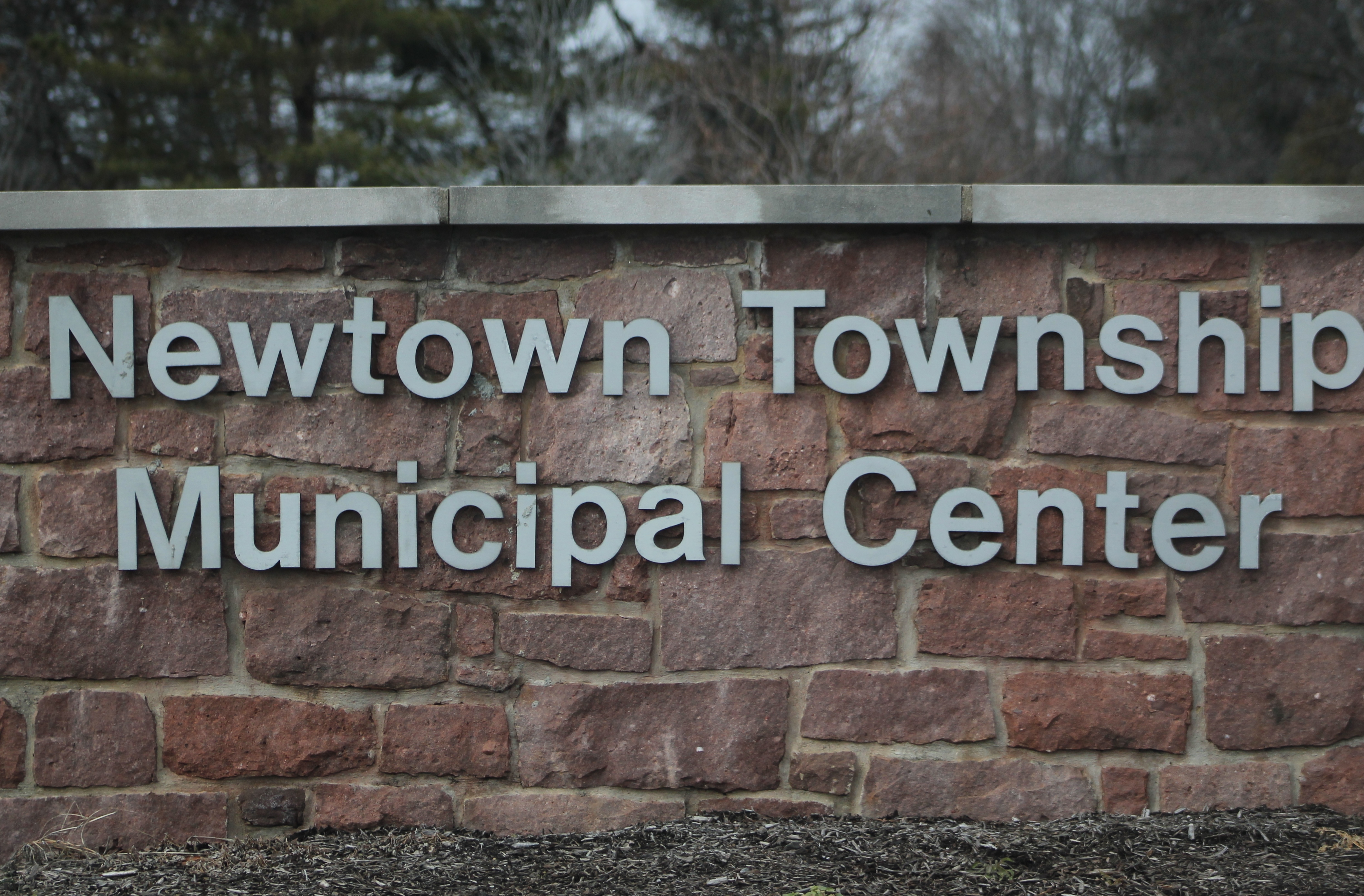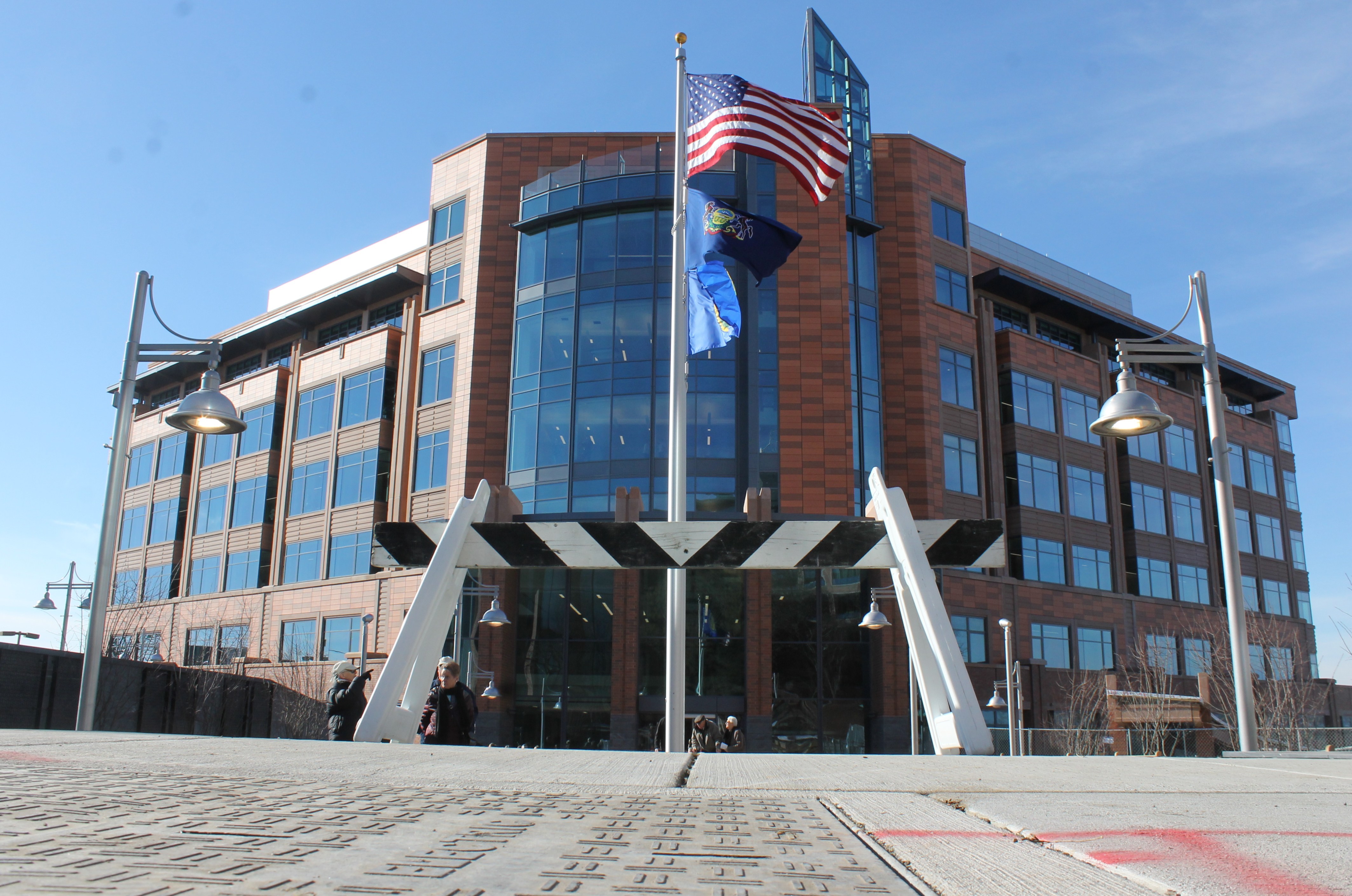By Dave Fidlin | Watchdog.org

A panel of Pennsylvania senators this week weighed in on a package of 13 bills that could result in widespread changes in how voters across the commonwealth cast ballots in the years ahead.
The Senate State Government Committee held a 3½-hour hearing and took testimony from eight officials across Pennsylvania who offered insight on such election-related issues as absentee voting, polling locations and who can participate in primaries.
The Senate bills that could lead to changes in election law legislation include 300, 411, 412, 413, 414, 415, 416, 417, 418, 419, 420, 421 and 422.
Sen. Mike Folmer, R-Lebanon, said he supports the changes under consideration – and he prefaced his remarks by saying he believed any changes to the state constitution should not be made lightly.
“I’m tired of the Constitution being treated like an Etch A Sketch,” said Folmer, who chairs the Senate State Government Committee, as he attempted to illustrate how seriously he takes the amendments.
But Folmer and other lawmakers on the committee said the provisions in many of the bills are long overdue.
“I think these bills are common sense measures,” said Sen. Patrick Stefano, R-Fayette. “I’m hopeful we can make these changes to our election laws.”
Sen. Lisa Boscola, D-Bethlehem, singled out SB 420, which would intertwine voter registration with the driver’s license application process.
If adopted, the bill would give teens obtaining their license a jump start on the voter registration process and give them notification of their eligibility to cast a ballot when they have reached age 18.
“I tell young people all the time, ‘You need to make your voices heard. You need to vote,’” Boscola said.
Absentee voting was a theme discussed throughout the hearing. Pennsylvania law currently gives voters the ability to vote early in narrow circumstances, such as religious observations and pre-planned work commitments outside the voter’s place of residence.
Sen. Judy Schwank, D-Berks, said she supported the so-called “no excuse” provisions in the bills that would afford early voting opportunities to all residents, regardless of the reason.
“It’s nobody’s business why you can’t get to a polling place,” Schwank said. “Life happens.”
Ray Murphy, state coordinator of Keystone Votes and deputy director of the organization Pennsylvania Voice, was among the speakers who provided testimony.
Murphy said he adamantly favors the “no excuse” bills.
“Voters really want this,” Murphy said. “The idea of precinct-based voting is increasingly becoming obsolete.”
During testimony, several speakers also weighed in on bills that would give all residents the opportunity to vote in primaries, regardless of party affiliation.
Jeremy Gruber, senior vice president of the advocacy organization Open Primaries Inc., said a growing number of voting-aged people are declaring themselves independents and not registering as Republicans or Democrats.
Gruber pointed out such demographic groups as Latinos and millennials as those who are leading the change to independent voting.
Speaking to the current laws, restricting primary voting to only party-affiliated voters, Gruber said, “This exclusion is having a dramatic effect.”
Senate President Pro Tempore Joseph Scarnati came out in favor of open primaries last year.








